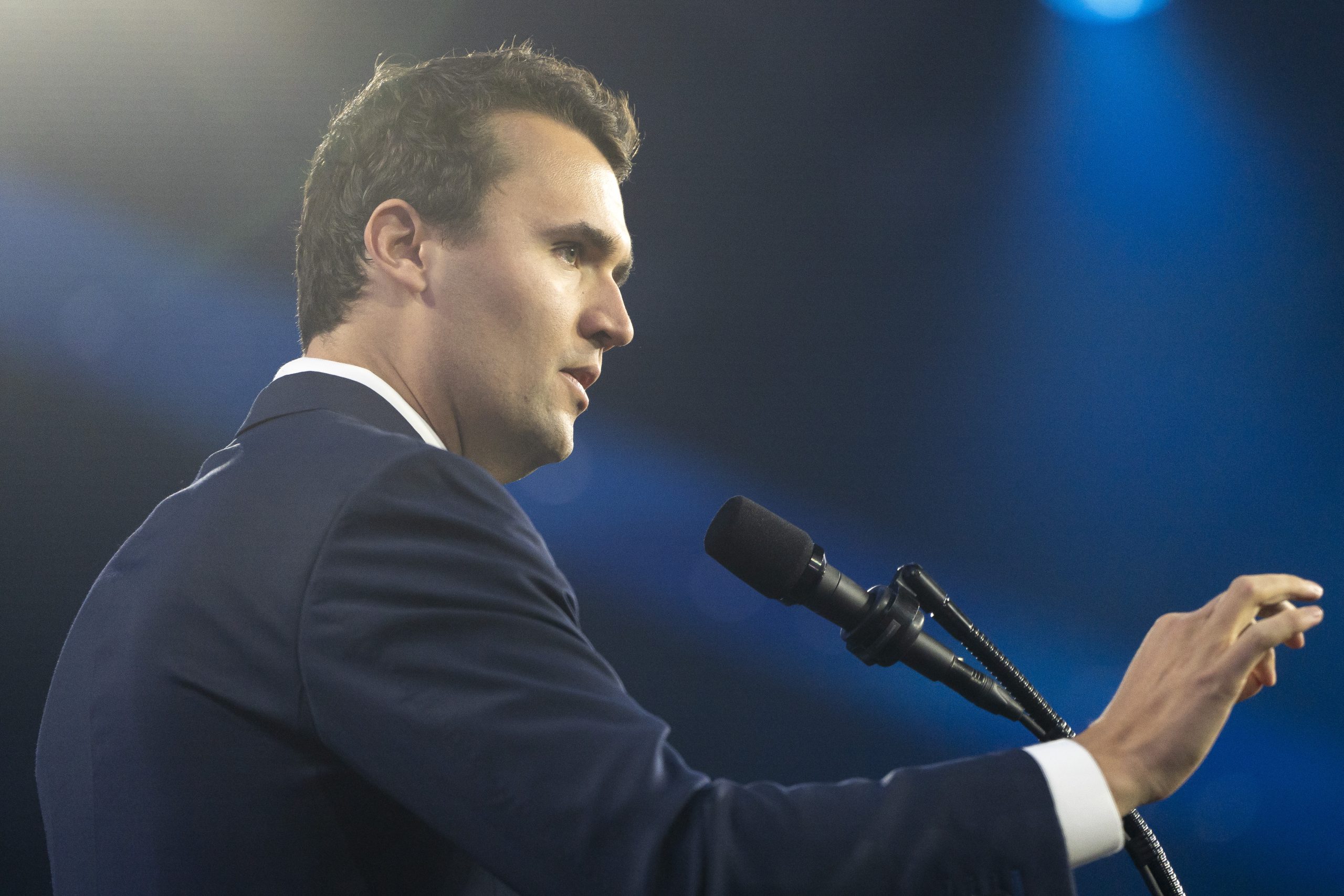The fatal shooting of conservative influencer Charlie Kirk last week ignited a predictable firestorm of political finger-pointing, a grim ritual that has become tragically commonplace in the current American political climate. While initial reactions focused on assigning blame to either the left or the right, a deeper examination reveals a more nuanced and troubling reality that transcends simplistic partisan divides.
The Rush to Judgment:
Immediately following the shooting, conservative politicians and media figures swiftly labeled the alleged perpetrator, Tyler Robinson, as a far-left Democrat, aiming to connect the act to a broader narrative of political violence emanating from the left. Conversely, some on the left circulated unsubstantiated claims suggesting Robinson might be affiliated with the Groypers, a far-right group known for its provocative tactics, thereby attempting to shift the blame back towards the right. This immediate rush to judgment, before facts were fully established, highlights a concerning trend: the prioritization of political point-scoring over a calm, thorough investigation. The case of late-night host Jimmy Kimmel, suspended for comments seemingly implying Robinson’s affiliation with the MAGA movement, further exemplifies the fraught and potentially dangerous nature of this knee-jerk reaction.
Beyond Partisan Lines: The Bigger Picture
The intense focus on the alleged shooter’s political leanings obscures a more critical issue: the pervasive climate of political polarization and online vitriol that fuels such acts of violence. Regardless of Robinson’s political beliefs—and the investigation will ultimately determine these—the context surrounding the event is crucial. The increasingly toxic environment of social media, characterized by relentless attacks, disinformation, and the normalization of extremist rhetoric, creates a breeding ground for violence. This environment transcends partisan lines; both the left and the right are guilty of contributing to it. The ease with which false narratives spread online, amplified by algorithms and biased media consumption, exacerbates this problem, creating echo chambers that reinforce extremist views and demonize political opponents.
The Need for Unity and Reflection:
The tragic death of Charlie Kirk should serve as a wake-up call, prompting a serious and introspective examination of our political discourse. The focus should not solely be on assigning blame, but on understanding the underlying factors that contribute to such acts of violence. This requires a concerted effort from all sides to de-escalate tensions, promote respectful dialogue, and combat the spread of misinformation. Until we address this toxic political environment, the risk of future tragedies, regardless of the perceived political affiliation of the perpetrator, remains alarmingly high. The urgent need is not to score political points, but to foster a climate of mutual understanding and respect, prioritizing the common good over partisan warfare.
CONCLUSION: The aftermath of the Charlie Kirk shooting underscores a critical need for introspection and a shift in our political discourse. While assigning blame may be tempting, it is essential to acknowledge the broader context of political polarization and online toxicity that fuels such events. Moving forward, a focus on fostering unity, promoting respectful dialogue, and combating misinformation is crucial to prevent future tragedies. Only then can we hope to create a more peaceful and productive political landscape.
Based on materials: Vox





